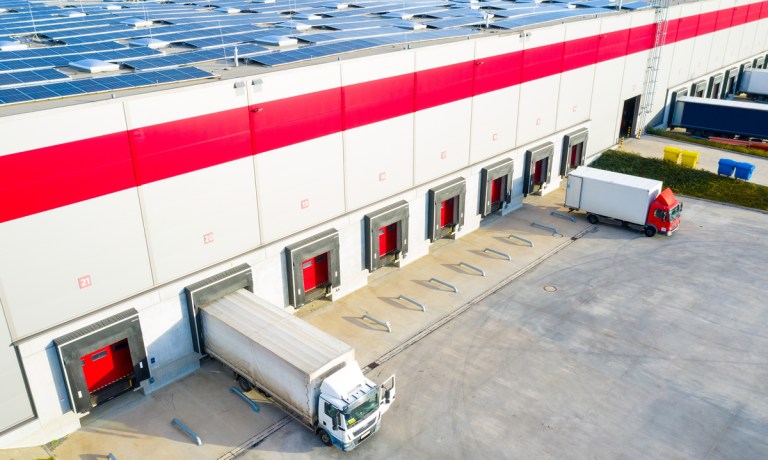Supply Chain Tech Startups Seek Alternatives as VC Funding Slows

Supply chain technology startups are reportedly facing a challenging environment as venture capital (VC) firms reduce funding for these companies.
The decline in investor support, coupled with a weakening freight market, has forced some startups to cut costs, lay off staff and explore alternative survival strategies, The Wall Street Journal (WSJ) reported Thursday (Nov. 2).
One example of the impact of reduced investor support is the collapse of Convoy, a digital freight startup that ceased operations 18 months after reaching a valuation of $3.8 billion, according to the report.
Other high-valued startups, such as Flexport, project44 and Transfix, have been forced to lay off workers due to deteriorating shipping demand and a dwindling reserves, the report said.
VC firms completed 404 deals totaling $5.7 billion for logistics companies in the first half of this year, a significant decrease from the 727 deals totaling $22.7 billion in the same period last year, per the report, which cited PitchBook Data. The pullback from investors has left startups struggling to secure capital as they approach the typical exit point for investors, around seven years into their operations.
However, amidst these challenges, some startups have managed to secure funding and adapt to the changing market conditions, according to the report. Transfix, for example, raised $40 million last month, after delaying its plans to go public through a merger with a special-purpose acquisition company (SPAC).
Another startup in the sector, project44, has undergone two rounds of layoffs this year, the report said. However, the company’s CEO, Jett McCandless, stated that revenue is up 30% this fiscal year, and the job cuts are aimed at better cost control in preparation for a future initial public offering (IPO).
Some startups have also sought to align with traditional logistics companies. Uber Freight, for instance, acquired Transplace in a $2.25 billion deal in 2021. This move allowed the company to expand its revenue streams beyond load-matching and into higher-end transportation management.
Despite the challenges and funding pullback, investors remain interested in promising logistics startups. Early-stage VC is still active in the supply chain space, according to Julian Counihan, a general partner at Schematic Ventures. While the sector may be down from the exceptional 2021, it continues to be a well-invested category with potential.